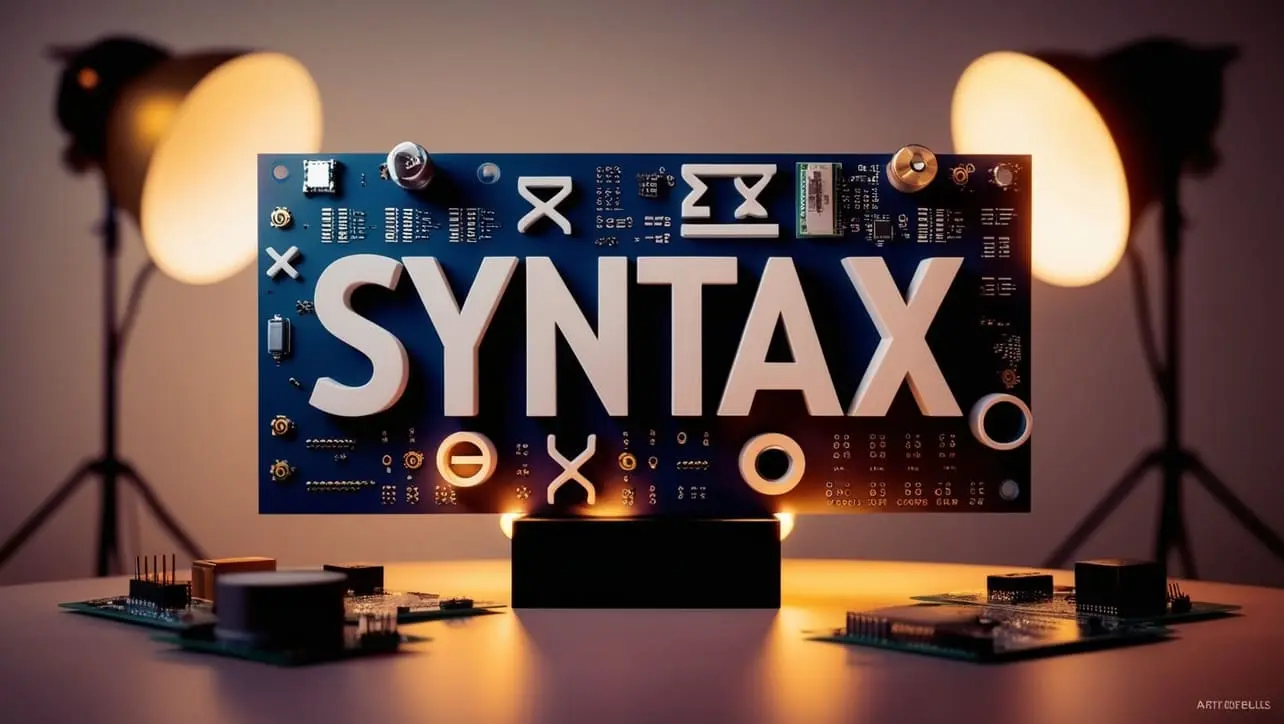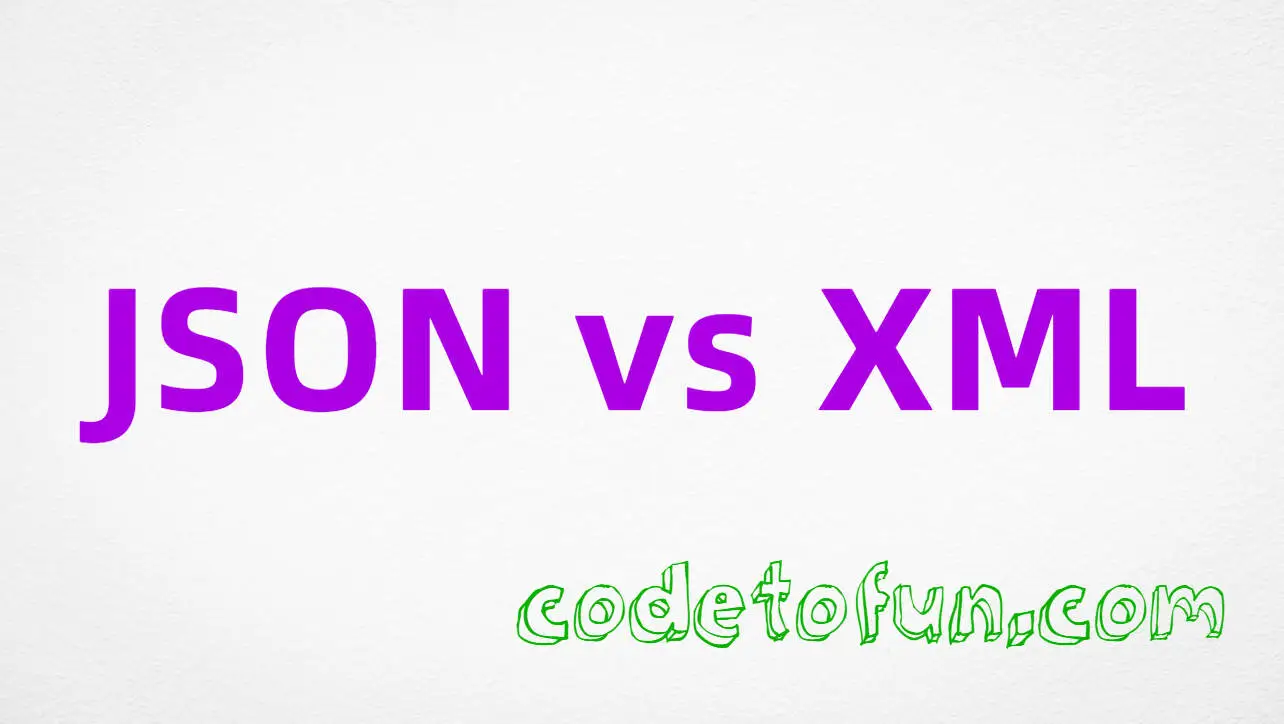
C nested if Statement
Learn about C nested if statements: a powerful tool for making complex decisions in your programs. Understand how to use multiple if statements within each other to create robust conditional logic. Enhance your coding skills with practical examples and clear explanations. Master C programming with our easy-to-follow guides!


C if else Statement
Discover the power of the C else statement in programming! Simplify your code with conditional logic that executes alternative commands when initial conditions aren’t met. Enhance your coding efficiency and readability with our in-depth guide. Unlock the full potential of your C programming skills today!


C else-if Statement
Learn about the C else-if statement, a crucial control structure in C programming. Simplify complex decision-making by efficiently handling multiple conditions. Enhance your coding skills with clear examples and best practices. Master the else-if ladder to write more effective and readable code.


C if Statement
Learn how to use the C if statement in programming. Master conditional logic to control the flow of your C programs efficiently. Discover practical examples and best practices. Enhance your coding skills with our comprehensive guide on C if statements.


C switch Statement
Master the C switch statement for efficient decision-making in your code. Learn how to simplify complex conditional logic using switch cases, improving readability and performance. Explore syntax, examples, and best practices to enhance your C programming skills. Optimize your code with our comprehensive switch statement guide.


C do while Loop
Explore the C do-while loop with our comprehensive guide. Learn how this loop ensures your code executes at least once, making it ideal for menu-driven programs and user input validation. Boost your C programming skills with practical examples and expert tips. Start mastering C do-while loops today!


C while Loop
Master the C while loop in programming! Learn how to use while loops for repetitive tasks, enhancing your coding efficiency and control flow. Our comprehensive guide offers clear examples and practical tips. Elevate your C programming skills today!


C for Loop
Master C for loops with our comprehensive guide! Learn how to efficiently iterate through data, control loops with precision, and enhance your coding skills. Perfect for beginners and seasoned programmers alike. Start optimizing your code today!


C goto Statement
Explore the efficiency of C’s goto statement, a powerful tool for control flow. Master its usage for streamlined code execution. Learn how to employ C’s goto statement effectively in your programming endeavors. Elevate your C programming skills with comprehensive insights into the goto statement’s capabilities.


C continue Statement
The C continue statement is used to skip the current iteration of a loop and proceed to the next one. Ideal for optimizing loop control, it enhances efficiency in repetitive tasks. Understand its usage to write cleaner, more effective C code. Master the continue statement for improved programming skills in C.


C break Statement
The C break statement is essential for controlling loops and switch cases. It allows you to exit immediately, ensuring efficient code flow and preventing unnecessary iterations. Mastering the break statement in C enhances program control and logic clarity. Optimize your coding skills with a deep dive into the C break statement today!


JSON Comment
Learn about JSON Comment, a technique for adding comments to your JSON data. Enhance readability and maintainability by including comments without breaking your JSON structure. Discover best practices and tools for incorporating comments into JSON. Unlock the full potential of your JSON files today!


JSON Rules
Discover “JSON Rules” – your ultimate guide to mastering JSON! Learn how to efficiently create, parse, and manage JSON data for seamless web development. Unlock tips, best practices, and powerful tools to streamline your coding process. Elevate your JSON skills today!


JSON.parse()
JSON.parse() is a JavaScript function that converts a JSON string into an object. It’s essential for web developers to handle JSON data efficiently. Learn how to use JSON.parse() to enhance data manipulation in your applications. Discover more tips and tricks on our website!


JSON.stringify()
JSON.stringify()” is a powerful JavaScript function that converts objects into JSON strings, making data transmission and storage more efficient. It ensures seamless data exchange between client and server in web applications. Perfect for developers seeking streamlined JSON handling. Enhance your coding efficiency with “JSON.stringify()


JSON Syntax
Learn about JSON syntax, a lightweight data interchange format. JSON syntax uses key-value pairs and arrays, making it easy to read and write. Ideal for web applications, it supports simple data structures and nesting. Start using JSON for efficient data exchange today!


JSON vs XML
Discover the key differences between JSON and XML. JSON offers a lightweight, easy-to-read format perfect for web applications, while XML provides robust data structure with extensive features. Learn which data interchange format best suits your needs. Explore our in-depth comparison of JSON vs XML today!


JSONP
JSONP (JSON with Padding) enables cross-domain data requests in web development by allowing scripts to access data from different domains. This technique enhances website functionality and integration by bypassing the same-origin policy. Ideal for dynamic web applications, JSONP boosts user experience and interactivity. Optimize your site with JSONP for seamless data access and improved performance.
